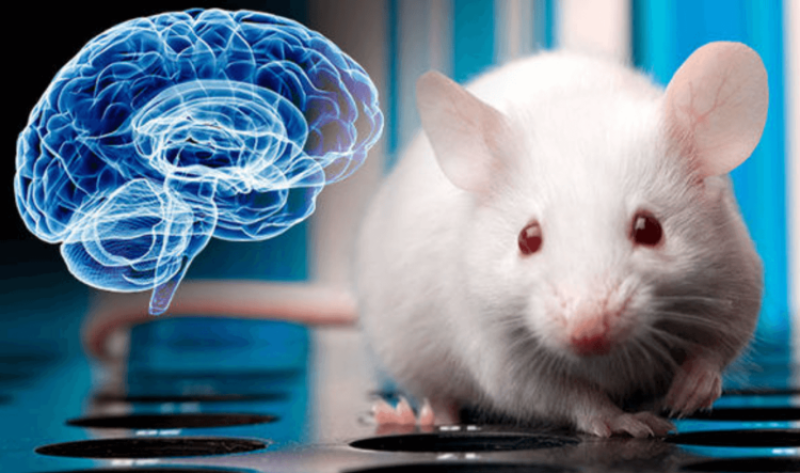For the last decade or so, scientists have been studying lab-grown clumps of brain cells called organoids. The new study shows that these organoids start to look much more like functional human brain cells when they are implanted into the brain of a baby rat.
A few months after they’d been implanted, the human cells made up around a sixth of the rats’ brains and appeared to have a role in controlling the animals’ behavior. Which invites the question: Are these animals still 100% rat?
It’s an important question for bioethicists like Julian Koplin at Monash University in Victoria, Australia. “If we’re talking about humanizing the brains of non-human animals … by introducing human brain organoids and allowing them to integrate into the animal brain,” he says, “I think we do need to start thinking about whether this could have any follow-on effect for the moral status of the research animal.”
In the current study, the answer appears to be no. But that doesn’t mean we won’t see “humanized” or “enhanced” rats in future, according to Koplin and other bioethicists who specialize in this field.































